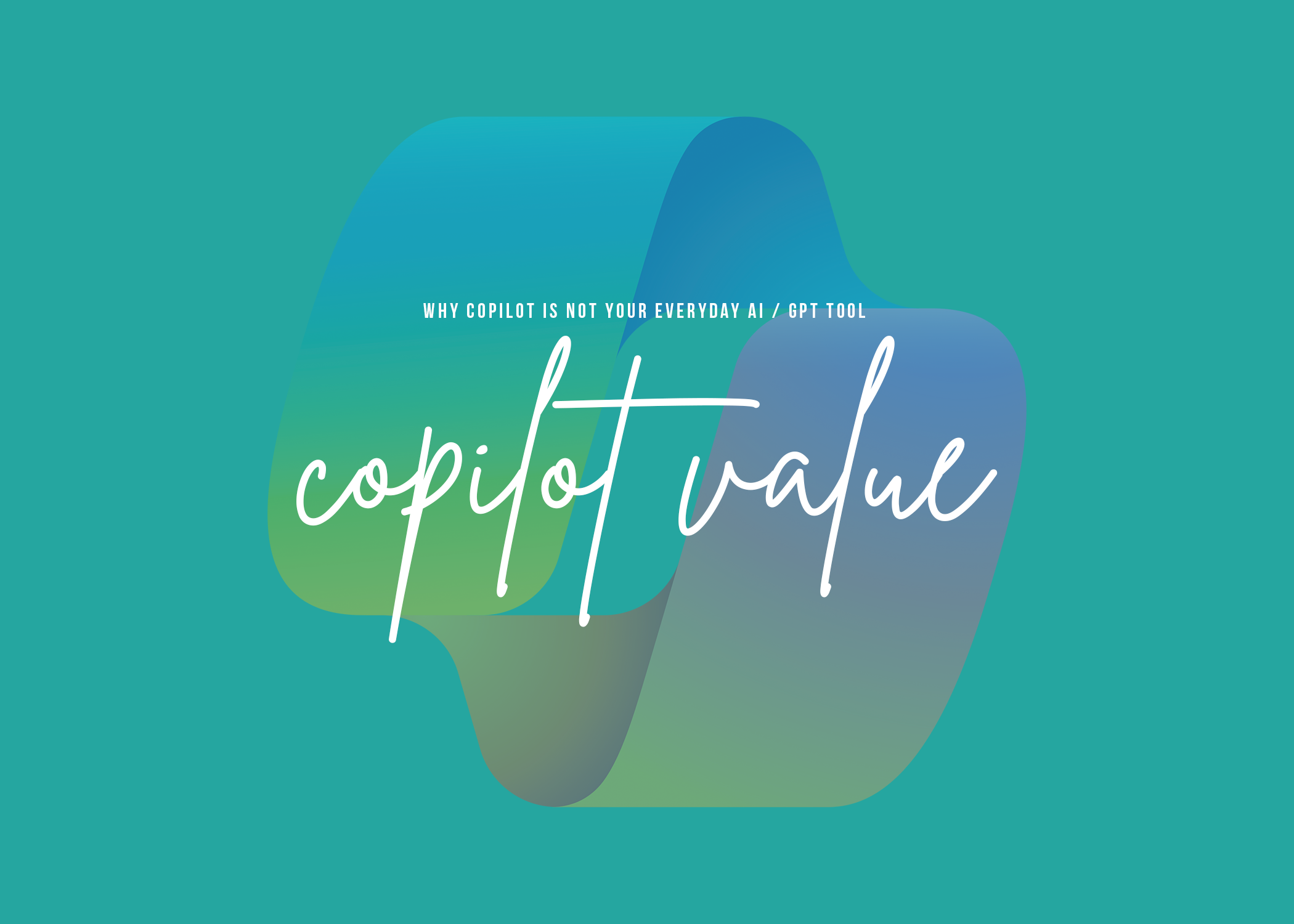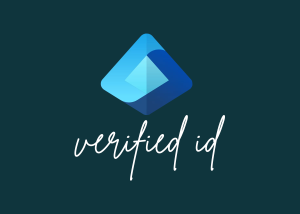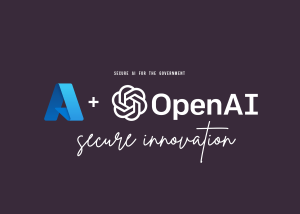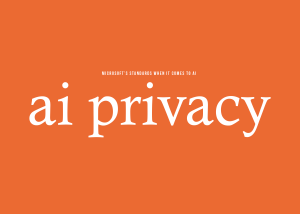Today marks a significant milestone for U.S. government agencies on the path to modernizing their digital work environments. With the General Availability (GA) release of Microsoft 365 Copilot in the Government Community Cloud (GCC), federal, state, and local agencies now have access to a powerful AI assistant designed to enhance productivity, drive innovation, and maintain rigorous security and compliance standards—all within the familiar Microsoft 365 ecosystem.
How Copilot Differs from Traditional AI Solutions
Not Just Another Chatbot:
While ChatGPT and other public, consumer-focused AI models from OpenAI, AWS, or Google have captured public attention, they generally operate as standalone services. Copilot, on the other hand, seamlessly integrates into the Microsoft 365 environment. Instead of navigating separate portals or frameworks, government employees can harness advanced AI capabilities directly within the applications they already know and trust—Word, Excel, PowerPoint, Outlook, Teams, and more.
Contextual Awareness:
Generic AI tools often lack the ability to understand organizational context or adhere to internal policies and compliance standards. Copilot benefits from the security and compliance posture of Microsoft 365. It surfaces insights and recommendations based on your organization’s data and environment, ensuring that any information it provides is both relevant and appropriately governed.
Aligned with Agency-Specific Requirements:
Public AI platforms may handle queries in isolation, without factoring in the unique compliance requirements or data governance mandates of government entities. Copilot is designed with these stringent requirements in mind, bringing the cognitive power of large language models (LLMs) into a secure tenant boundary that adheres to government standards and regulatory frameworks.
Integrated into the Microsoft 365 Suite
The true strength of Copilot lies in its deep integration with the Microsoft 365 platform. This approach provides immediate operational advantages:
- Familiar User Experience: Users can interact with Copilot through natural language prompts right within Word documents, Excel spreadsheets, or Teams channels. This reduces the learning curve and ensures maximum adoption with minimal friction.
- Enhanced Productivity: Copilot can draft documents, summarize lengthy reports, create presentations from bullet points, and even handle meeting preparations by compiling agendas or analyzing previous notes. Employees spend less time on mundane tasks and more time focusing on mission-critical activities.
- Continual Improvement: Because Copilot works within a well-defined environment—your Microsoft 365 tenant—it can learn from ongoing work patterns (within the security and compliance boundaries) and become increasingly adept at supporting employees in day-to-day operations.
GA for GCC: Meeting Strict Government Standards
The general availability of Copilot in GCC means that it’s not just a general-purpose AI tool; it’s specifically tailored to meet U.S. government requirements. Microsoft’s government cloud environments provide a dedicated instance of Azure and Microsoft 365 services built exclusively for agencies handling sensitive data. With this GA, agencies can:
- Maintain Control Over Data: Copilot operates within the government tenant boundary, ensuring no co-mingling of data with commercial clouds or public endpoints. Sensitive information never leaves the secure government instance.
- Adhere to Federal Compliance Frameworks: Copilot takes advantage of Microsoft’s extensive compliance portfolio. GCC is authorized at FedRAMP High and aligns with key standards like NIST 800-53 and CJIS. The environment is designed to meet evolving federal mandates, helping agencies maintain compliance effortlessly.
- Ensure Data Sovereignty and Residency: Government agencies can rely on U.S.-based data centers and dedicated compliance operations. This meets sovereignty requirements and aligns perfectly with the stringent data-handling regulations that apply to public sector organizations.
Security and Compliance at the Core
Security and compliance are foundational pillars of Copilot’s design for government agencies:
- Zero-Trust Architecture: Access to information is governed by the same robust identity and access controls that protect your Microsoft 365 environment. Every request made to Copilot is authenticated, authorized, and audited, reducing the risk of unauthorized access.
- Role-Based Access Controls (RBAC): Only authorized users can access certain datasets or functionalities. Copilot respects existing permissions and information barriers, ensuring that classified or sensitive information remains protected.
- Data Isolation: Unlike consumer-facing large language models, Copilot doesn’t rely on a shared knowledge base that might mix data from various sources. Each government tenant is its own isolated environment, preserving data integrity and preventing accidental leakage of sensitive information.
A Responsible Approach to AI
Microsoft’s approach to AI in the public sector goes beyond providing powerful tools; it’s about ensuring these tools are implemented responsibly:
- Comprehensive Governance: Administrators retain control over Copilot’s capabilities. They can configure privacy settings, oversee data usage, and ensure that the AI remains aligned with the agency’s code of ethics, mission, and compliance commitments.
- Continuous Monitoring and Improvement: Copilot’s performance, accuracy, and compliance adherence are continually monitored. Microsoft’s ecosystem of security, compliance, and management tools ensures that agencies can adapt and respond to new threats or policy changes as they emerge.
A Future of Secure, Compliant Innovation
By choosing Microsoft 365 Copilot, government agencies gain a strategic advantage: they tap into cutting-edge AI capabilities while maintaining the highest standards of security and compliance. This integration with familiar Office tools, combined with today’s GA release for GCC, represents a watershed moment in how public sector organizations can leverage AI confidently.
As missions become more complex and citizen expectations continue to rise, agencies need tools that enhance efficiency without compromising trust. With Microsoft 365 Copilot, agencies can do exactly that—streamline operations, improve decision-making, and accelerate outcomes, all within a secure, compliant, and government-ready environment.
Ready to experience a new era of productivity? The future of secure, compliant, and context-aware AI in the public sector begins now, with Microsoft 365 Copilot for GCC.





